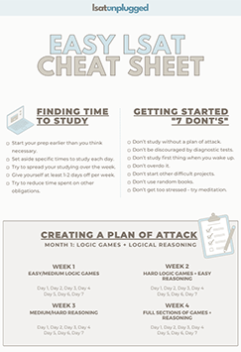Logic Game Grouping: Matching Templates Diagram | Explanation

As promised, I’m doing a blog post to demonstrate the templates (multiple main diagrams) for last week’s Grouping: Matching Templates Logic Game, so here goes. So, in the game, we have 7 projects. 2 in April, 3 in May, and 2 in June, giving us this layout of slots for each month: Depending on whether you […]
Free LSAT Logic Game | Grouping: Matching | Templates

In another Grouping: Matching Logic Game I’d written – that one was a difficult type of Matching game because the number of “prayer-answerings” per deity was not fully determined. In other Grouping: Matching games (such as the one I’ve written below), the number of slots is fully determined for you. In these types of games, […]
Grouping: Selection Defined Logic Game Diagram | Explanation
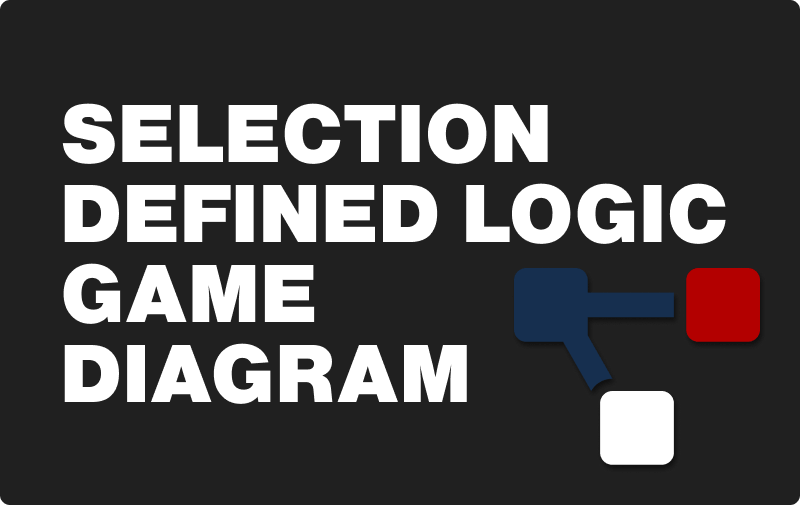
In this post I am going to explain my approach to solving the Free LSAT Logic Game | Grouping: Selection (Defined). Again, here are the categories and topics: P – ABER – HLOW – STY I’d put a “1-” next to each category because of the rule that we have to have at least one […]
Free LSAT Logic Game | Grouping: Selection (Defined)
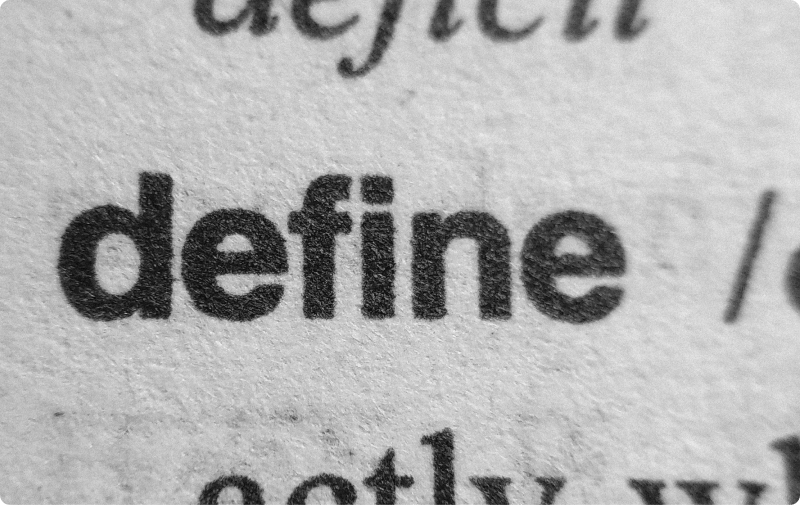
My other Grouping: Selection / In-Out Logic Game is “Undefined,” meaning that we didn’t know how many variables were in (voted for) and how many were out (voted against). The game I’ve written for this article, on the other hand, is “Defined,” which means that we know exactly how many variables are selected and how […]
Basic and Advanced Linear Logic Game | Limited Options

Limited Options, Templates, Possibilities, whatever you call them, they’re ridiculously useful in several Logic Games. This covers one common, yet simple, technique for listing all the options/templates/possibilities in Basic Linear and Advanced Linear games. Let’s say we’re doing an 7-slot / variable Linear game in which only one variable can go in each slot. This […]
How to Get a Perfect Score on LSAT Logic Games

Below I list all the Logic Games-related blog posts you should read toward the beginning of your prep. I’ve listed them in the specific order in which you should read them, along with the relevant Logic Games you should complete. Use my LSAT Cheat Sheet as a quick-reference, and you can use my Logic Games […]
5 Reasons I Secretly Enjoy Logic Games

Some of you email me to say how much you hate the LSAT. I already wrote a series on why I love the LSAT, but some of you still aren’t convinced. I’m not giving up. Here are the top 5 reasons I enjoy Logic Games: 1. They’re like sudoku. 2. It’s satisfying to make a […]
LSAT Logic Games Rule Substitution Questions
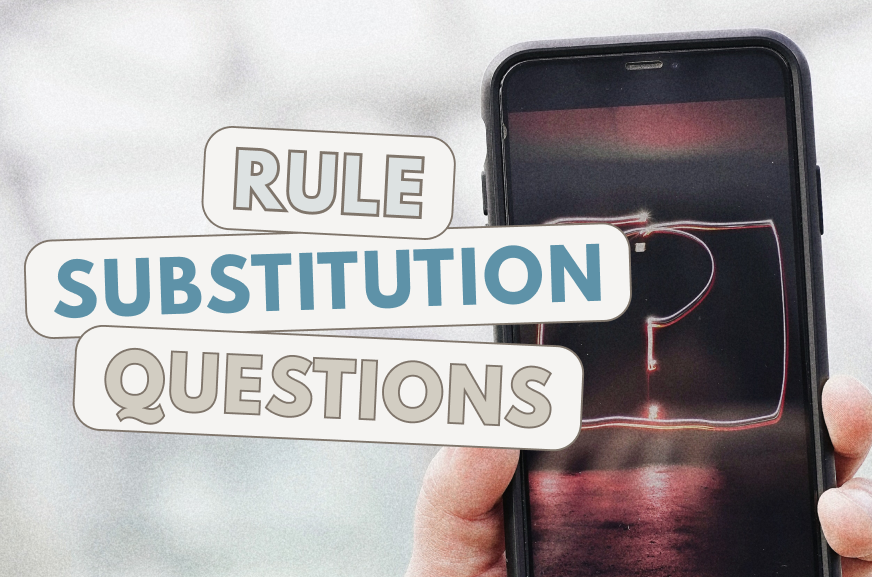
LSAT Logic Games Rule Substitution questions (aka Rule Equivalency or Equivalent Rule questions) began with LSAT PrepTest 57 and have appeared on nearly every exam since. Use the following strategies to solve these questions: – Check each answer choice against previous diagrams. Determine if each choice would allow each previously-valid scenario to still work. Ask […]
Free LSAT Logic Games PDF Download

If you’re reading this, you’re probably studying for the LSAT. I know this process isn’t easy, and it can be incredibly frustrating at times. However, each year, many people overcome the hurdles and get into the law schools of their dreams. You ask yourself, how’d they do it? When I first started LSAT Unplugged, there […]
How to Ace LSAT Logic Games | 7 Habits
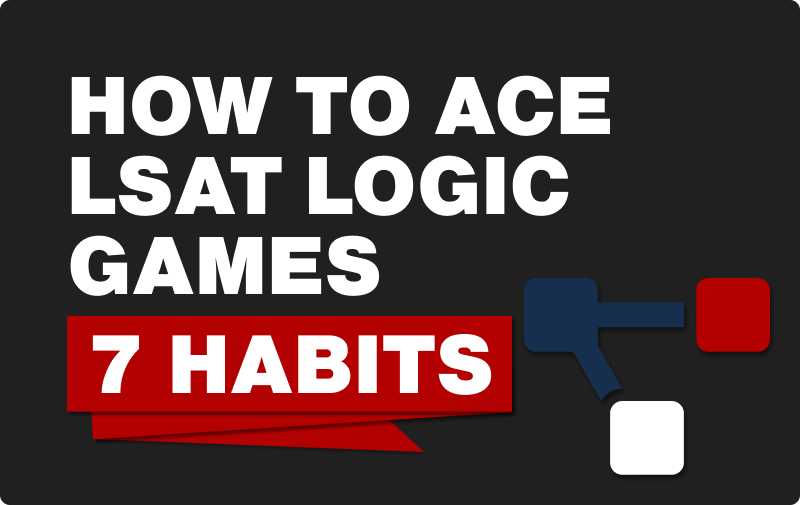
Want to ace the LSAT Logic Games? You’ll need these skills to separate yourself from the pack. This is the 1st part of a 3-part series (read Logical Reasoning and Reading Comprehension articles) 1. See letters as variables, not people/things. Avoid thinking of the game’s “topic” and focus on relationships between letters instead. 2. Easily categorize. Quickly place logic […]
